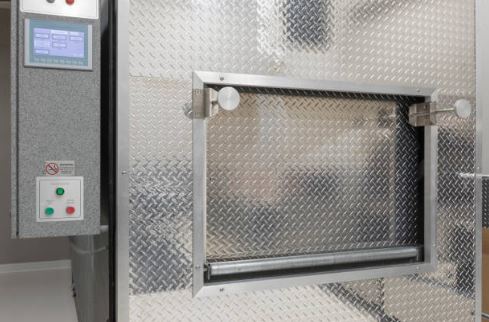As a family gathers for cremation services in Beltsville, MD, they are dealing with the shock – even if they knew death was imminent – of their loss, grief, and all that is involved in making funeral arrangements. Food and eating are usually not even on their radar. And, if it is, they will not have the time or the energy to cook and eat.
Providing meals for a grieving family is a great way that you and other friends and family members can show your support for them. Whether the family attends your church or has lived in your neighborhood for a while, setting up a meal delivery system for a couple of weeks for them will ensure that the family has the nutritional sustenance they need.
If you’re part of a team or a committee of one that is making sure a bereaved family is being fed, here are some guidelines that can help.
You should have a designated place at their home to deliver food. Typically, this is their front porch since it’s usually the easiest and least intrusive part of their home to access. Place a couple of sturdy boxes and a large cooler filled with ice (replenish as necessary) to hold the food and drinks that are being delivered. By doing this, you will not disturb the family if it’s an inconvenient time and they won’t have to feel obligated to entertain anyone delivering food.
Be sure to bring water (plain and natural sparkling) and other drinks (milk, half and half or coffee creamer, iced tea and juices, etc.) to put in one cooler. Make sure you include items to make hot coffee and tea (provide both Keurig-type pods and ground coffee and tea bags).
Although most hot food is for dinners, be sure to provide food for breakfasts and lunches. Good breakfast foods can be easy-to-prepare foods like bread and bagels, jams and jellies, and fruit and cold cereals. Good choices for lunch foods are bread, condiments, deli meats, pickles, and cut vegetables (a vegetable tray is a good idea).
Try to provide food that is both easily transportable and nutritious. For dinner meals, a hot entrée (purchased or homemade) with prepared vegetables or salad fixings and salad dressings are good options. Make entrees in disposable containers that can be thrown away so that the bereaved family doesn’t have to worry about returning dishes.
Prepare enough food to feed all of the family members who may be staying at the house. You can also fix soups and stews, but deliver them in large plastic containers that do not need to be returned.
All meals that you provide should be easy to prepare or easy to reheat. Grieving family members may not eat the food immediately, so when they are ready to eat it, they should be able to get it ready without a lot of time and effort.
If you or others in the meal delivery rotation don’t have time to cook a meal, consider picking up cooked rotisserie chickens and add cooked vegetable sides (most grocery stores have these) or pick up a cooked pasta dinner with salads from a pizzeria. Fast foods, pizzas, fried chicken, and carbohydrate-heavy sides are also acceptable if you don’t have a lot of time to prepare food, but try to make sure that any food delivered to the family is as nutritional as it can be because a grieving family will need it.
If you want information about cremation services offered in Beltsville, MD, you can talk with our expert staff at Donald V. Borgwardt Funeral Home, P.A.





